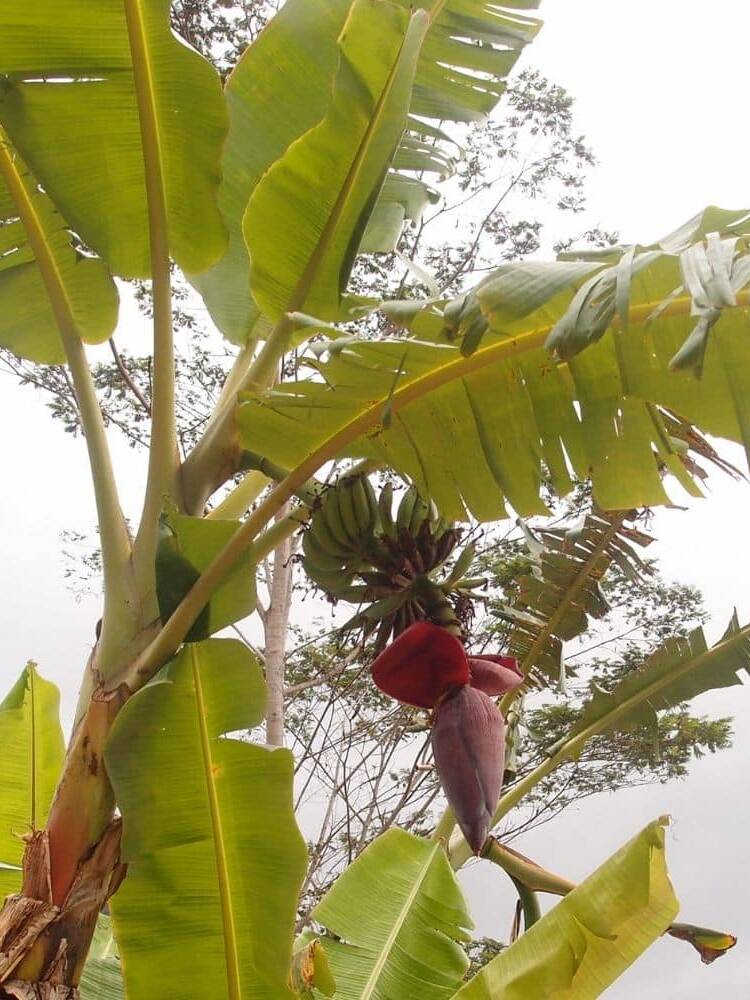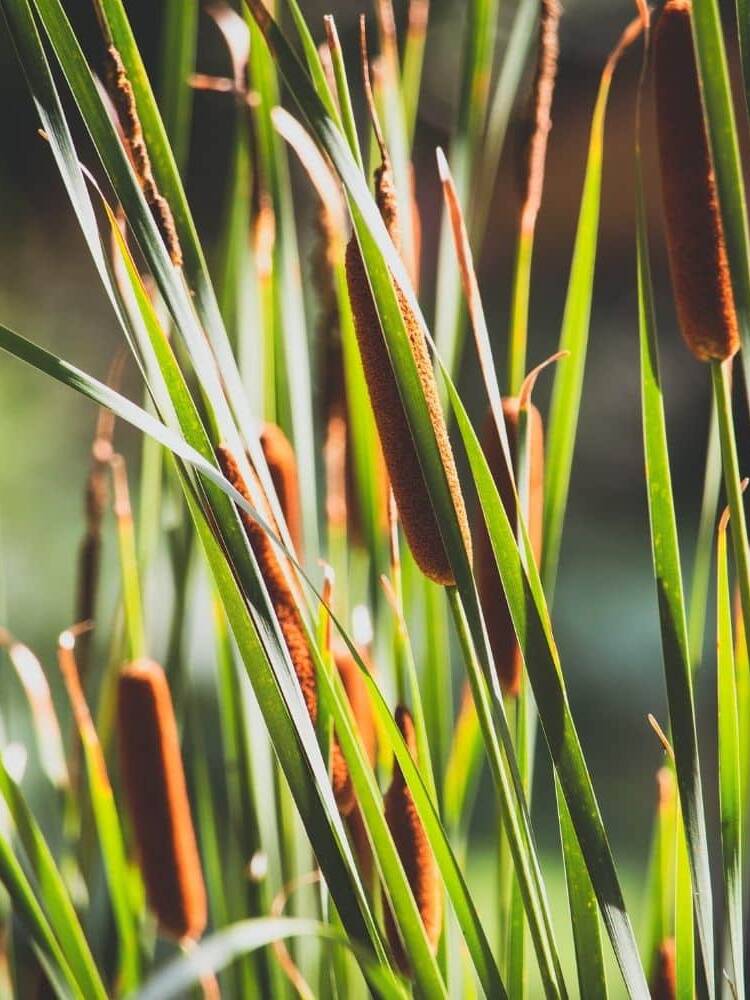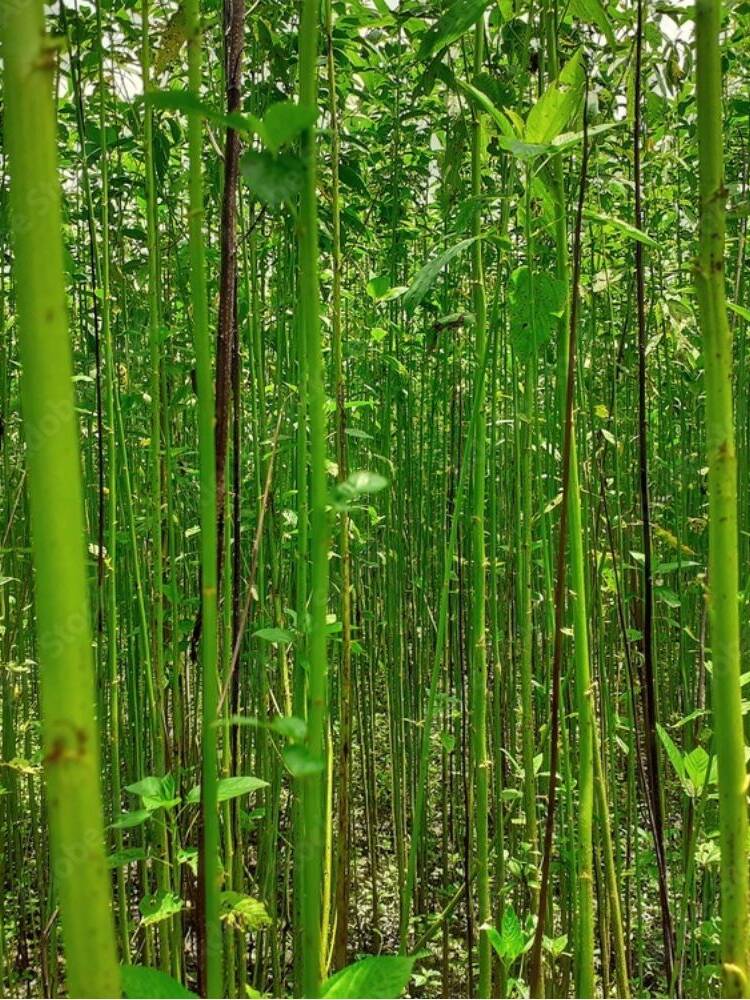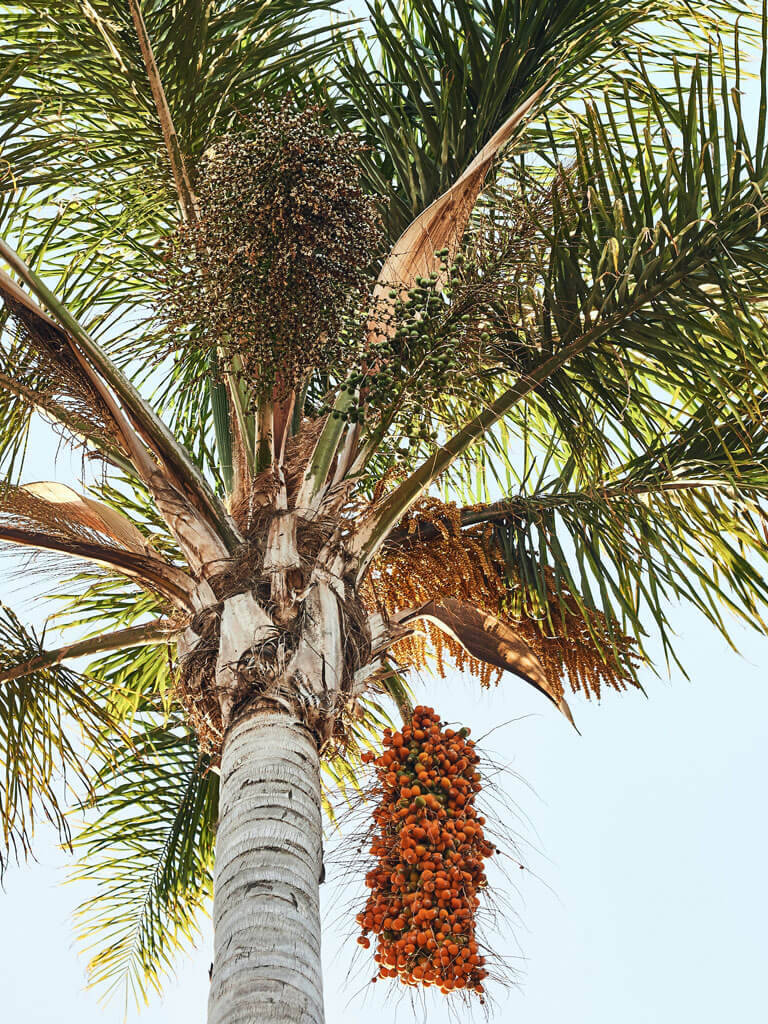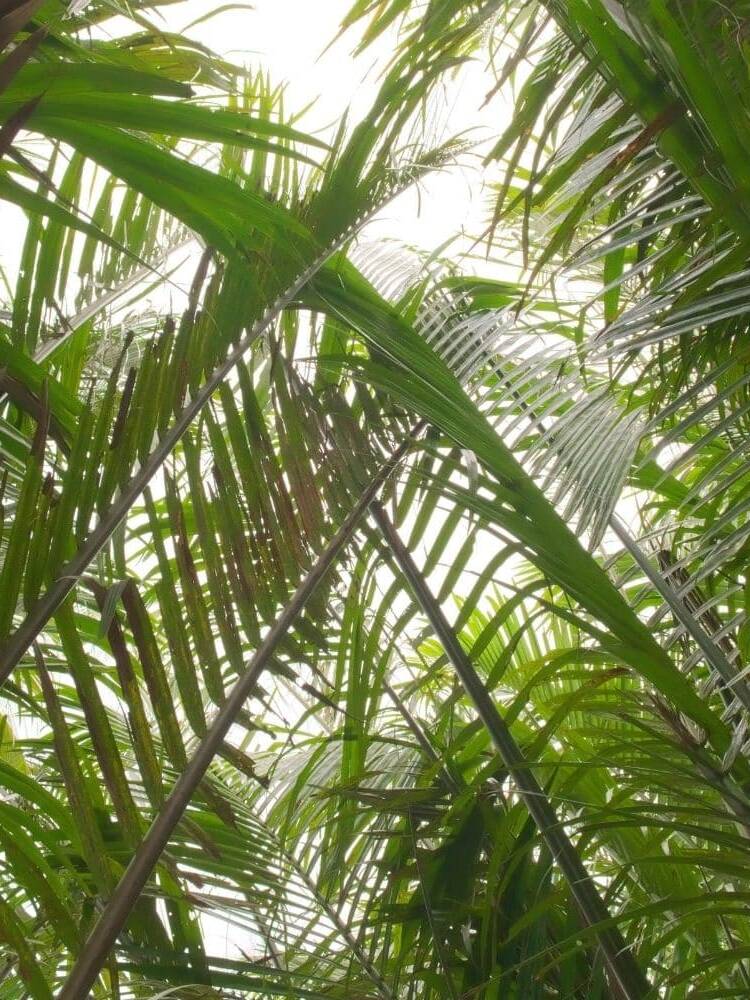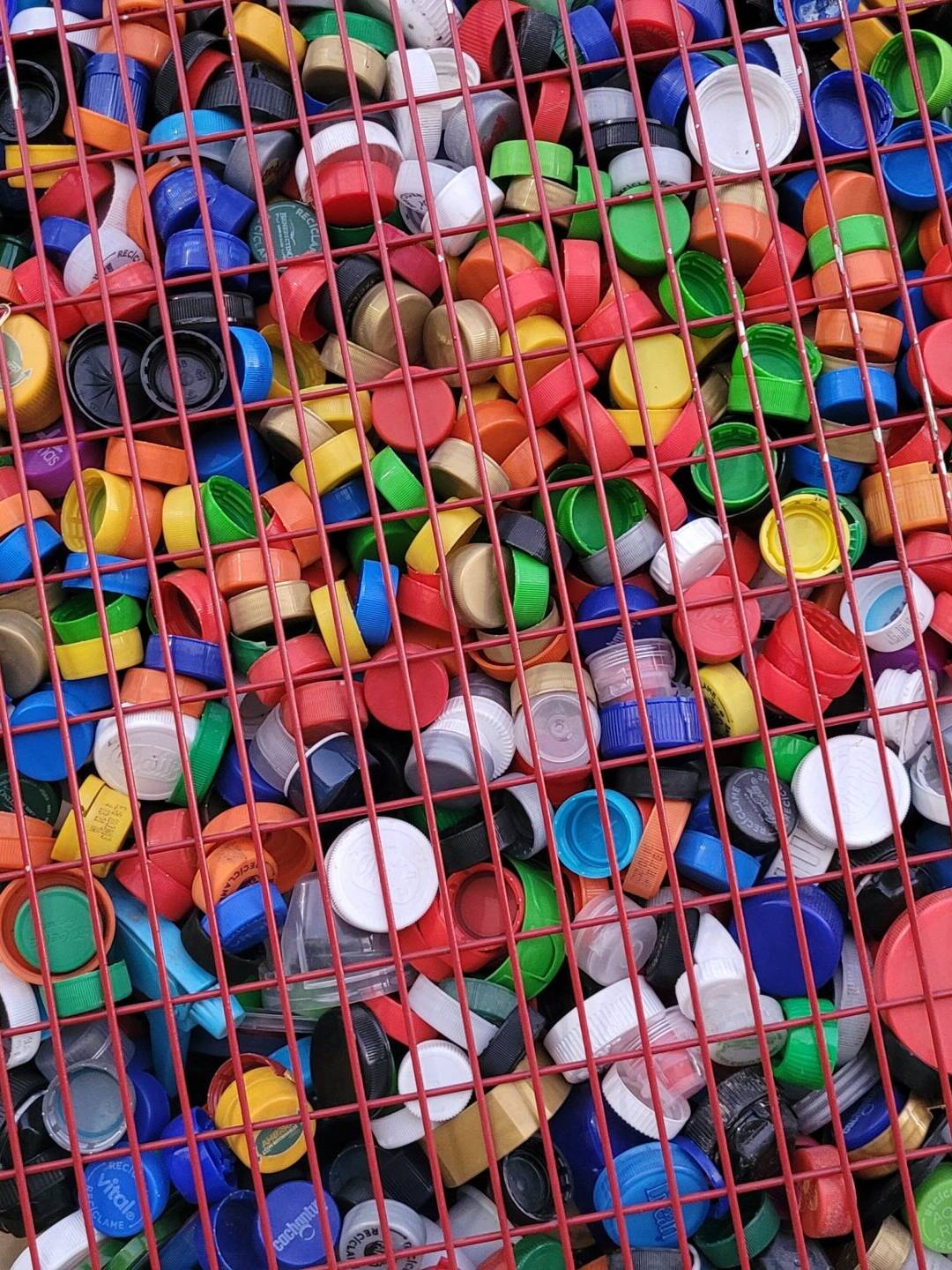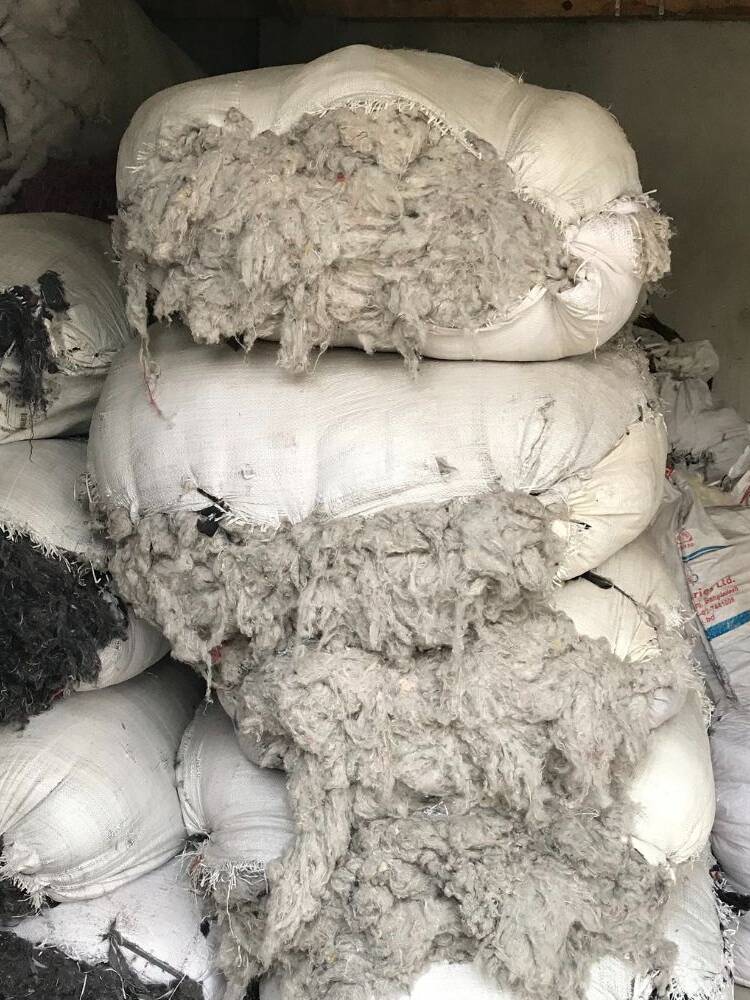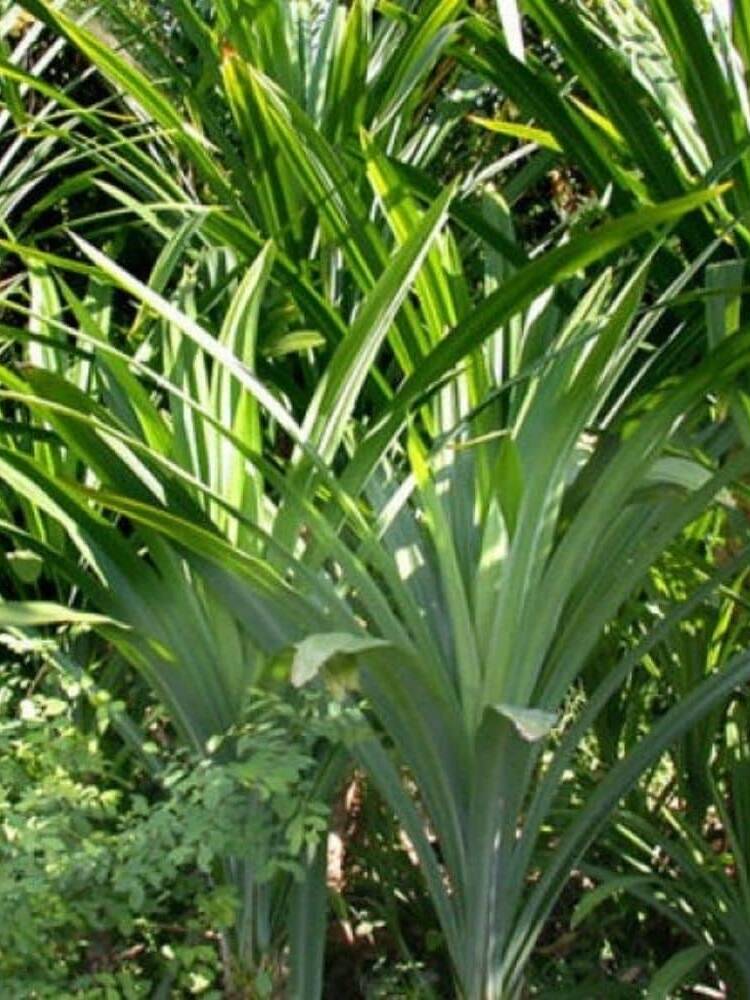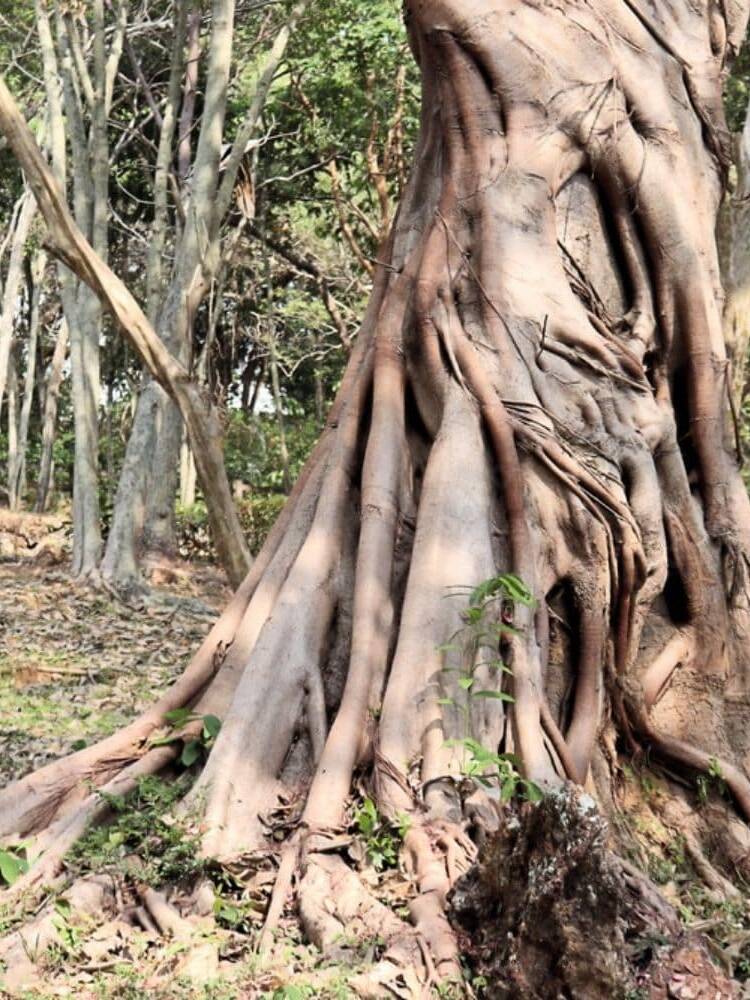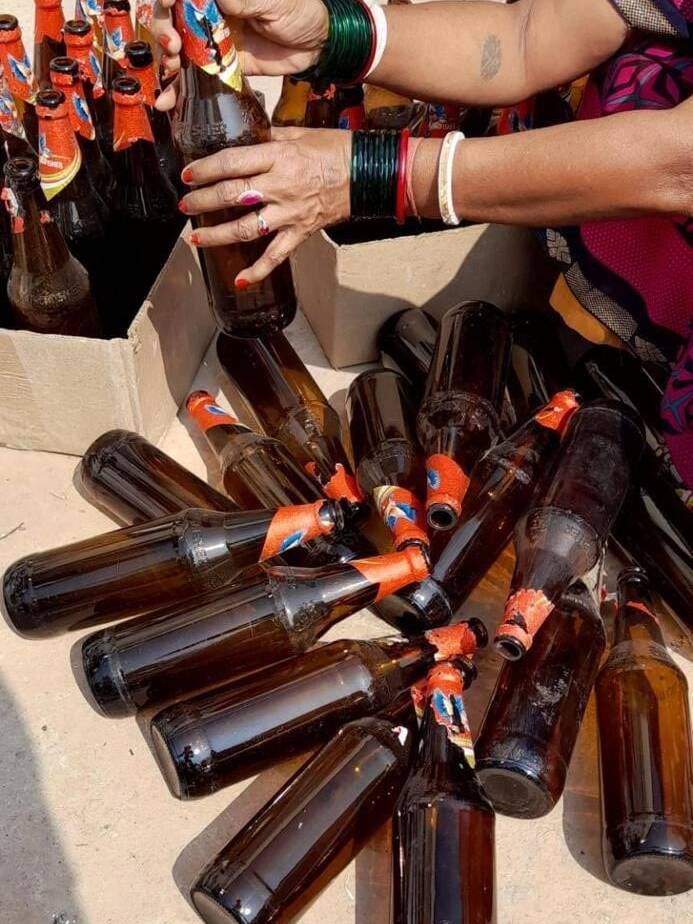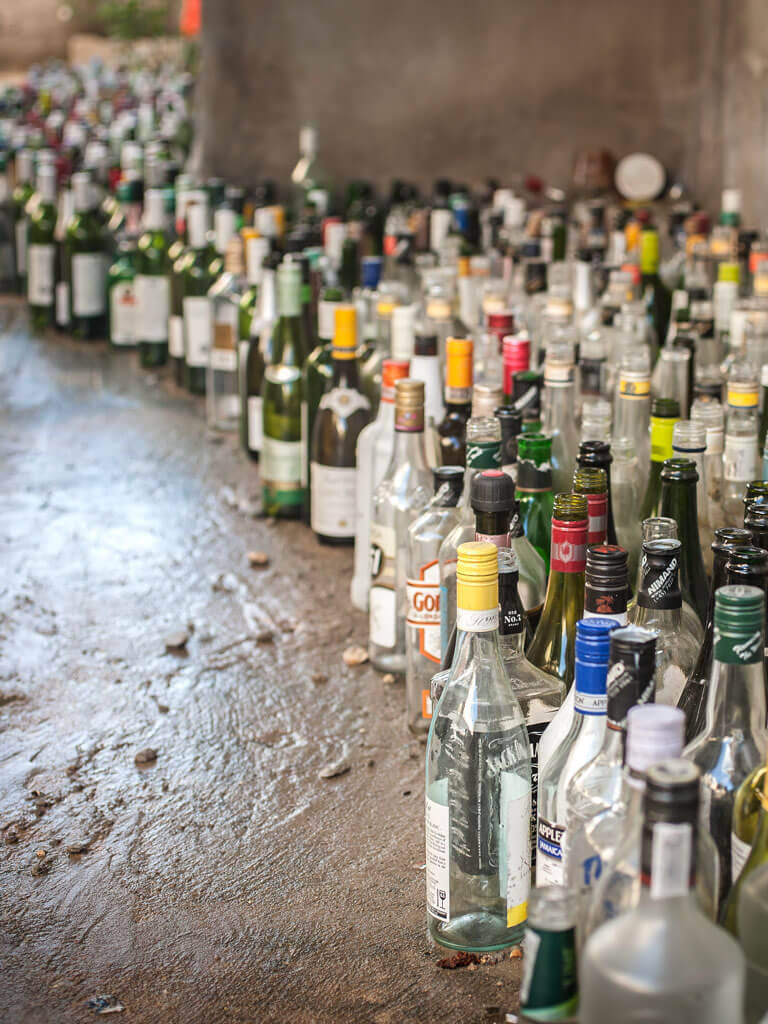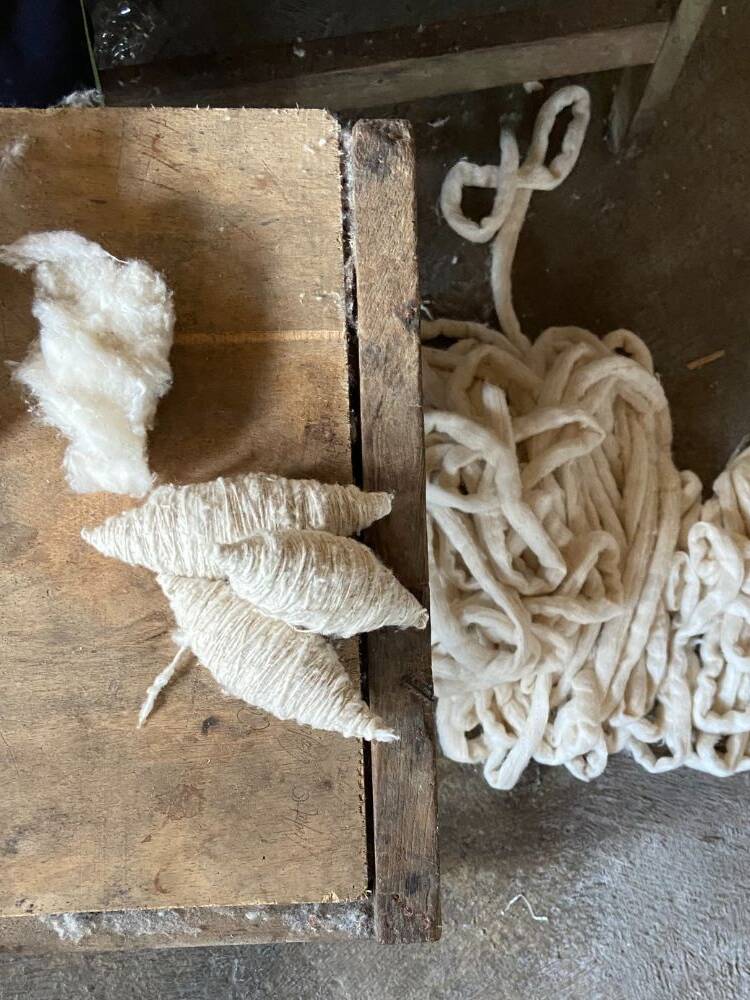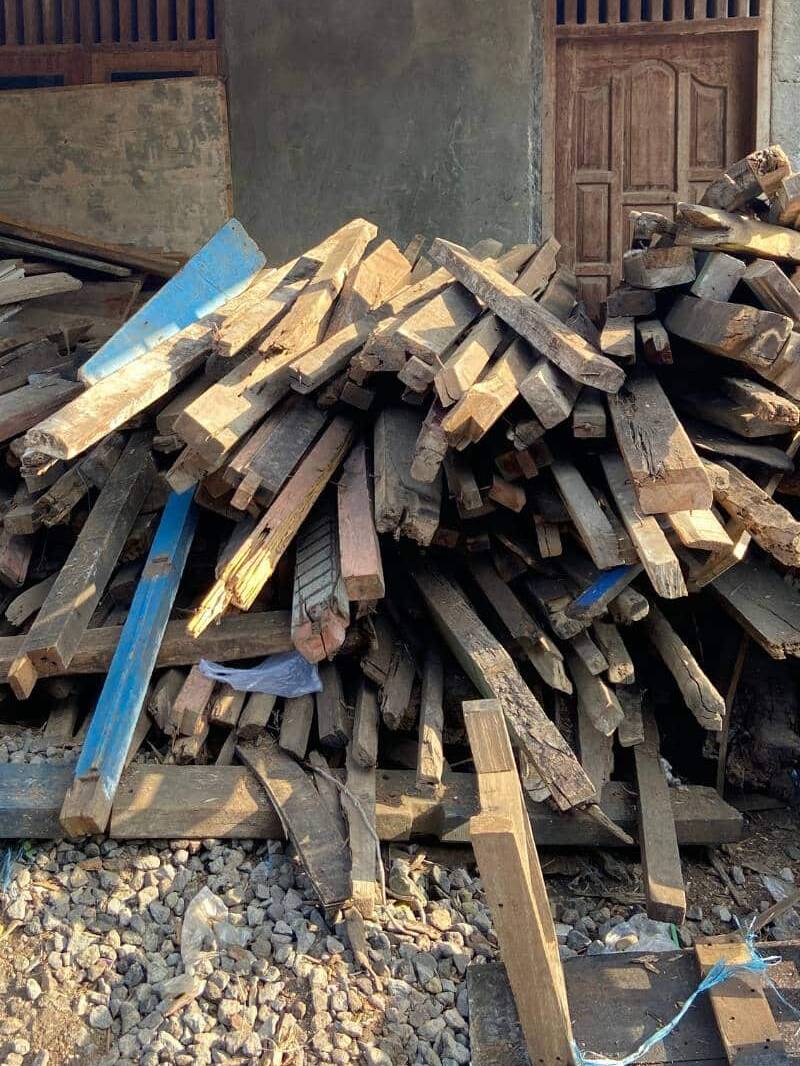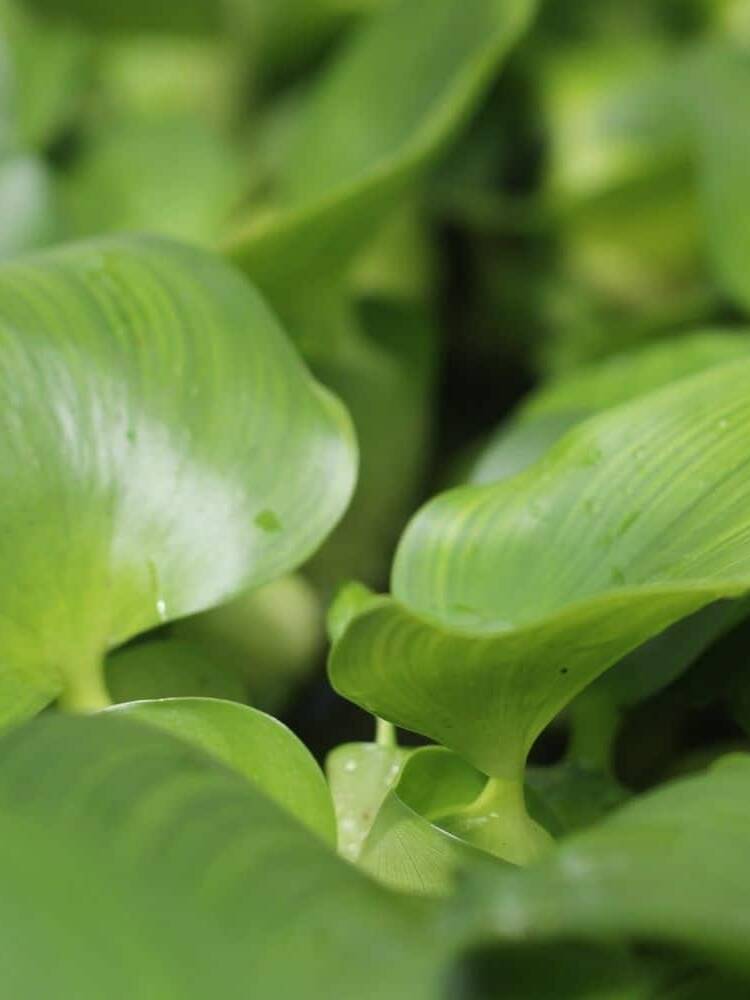Mendong
Mendong is a type of water grass that abundantly grows on Java, Indonesia. Mendong is used as a raw material for baskets and trays. The water grass is harvested from community plantations that hardly need irrigation. It grows naturally without the need for additional fertilizers or other pesticides. Mendong is a quickly renewable resource as it can be harvested every 3 to 5 months. All Mendong grass is harvested by hand by local villagers. That makes it a completely sustainable material of high quality for multipurpose usage.
Sustainable & local sourcing
The Mendong plantations are located 200 kilometers from the main quality control workshop on Java, Indonesia. The material is being processed into baskets in small villages in a surrounding area of 20 km. Local communities are taking care of the plantation, without the use of any machines. Mendong hardly needs irrigation, as the land is already wet and flooded. It does not need any additional chemical treatment either since it naturally grows in this area. Mendong has a low footprint on the environment as it is a naturally quickly renewable resource and can be grown on a non-industrial scale.
Environmentally friendly production
The entire production process is executed by hand without the use of any electricity and is therefore environmentally friendly. When the Mendong grass is mature, local farmers cut the grass by hand with simple tools. The Mendong fibers are naturally dried in the sun. After being brought to the workshop, craftspeople, mostly women, braid the dried fibers into ropes and weave them into baskets.
Creating job opportunities
From harvesting until the end product, the entire process is executed by hand and/or with the support of simple traditional tools. Multiple people have to be involved, which means more jobs and income for the rural communities.
Other Materials & Production
Nature is at the origin of the originalhome collection. To minimize a negative impact on our eco-system we solely use natural, organic, biodegradable, non-toxic and eco-friendly materials and/or materials that would otherwise be considered as waste. The products have been sourced and produced with the lowest environmental impact possible.
